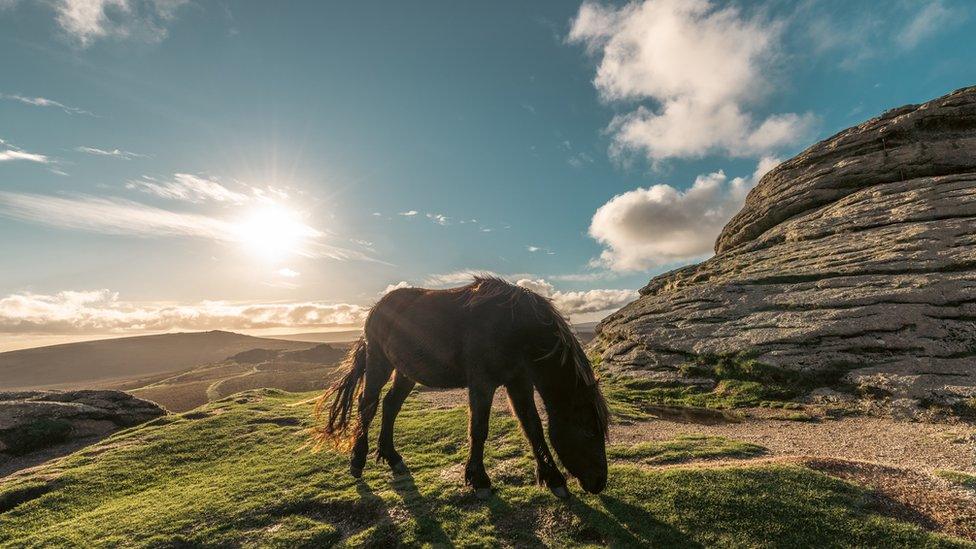Dartmoor camping ban 'did not consider public interest'
- Published
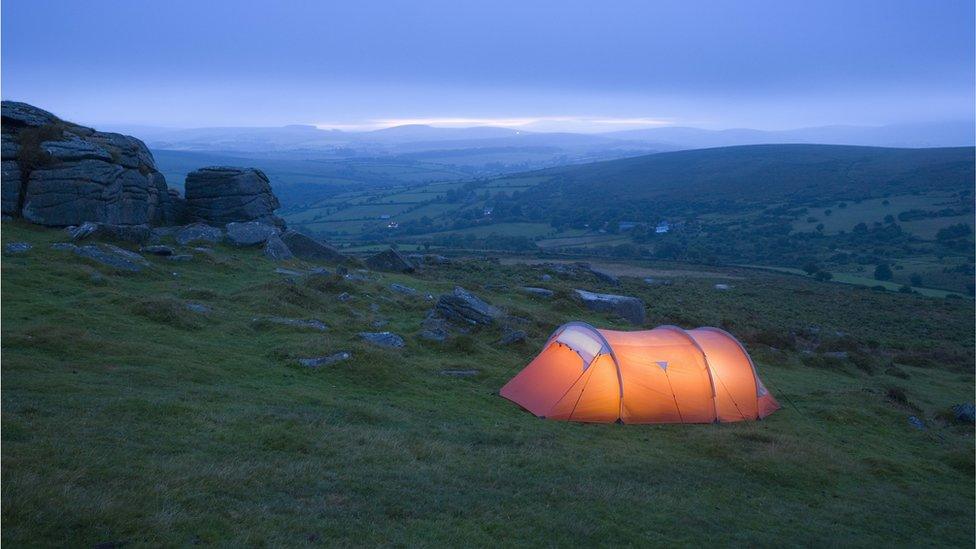
Dartmoor was the only part of England and Wales where there had been an assumed right to wild camp without landowners' permission
A ruling against wild camping on Dartmoor without landowners' permission did not consider the "wider public interest", a court has heard.
A High Court judgement found the long-held tradition had no basis in law, after a case brought by landowners Alexander and Diana Darwall.
Lawyers for the Dartmoor National Park Authority (DNPA) told a Court of Appeal hearing it "went too far".
A lawyer for the Darwalls said camping interfered with "landowners' rights".
Tim Morshead KC, for the Darwalls, added that their objection was "to that form of camping that involves the erection of tents" and that arguments over the meaning of recreation were a "sideshow".
The Darwalls, who keep cattle on Stall Moor, part of their 3,450-acre (1,400-hectare) estate, brought a legal challenge over wild camping in December 2022, claiming some campers caused problems to livestock and the environment.
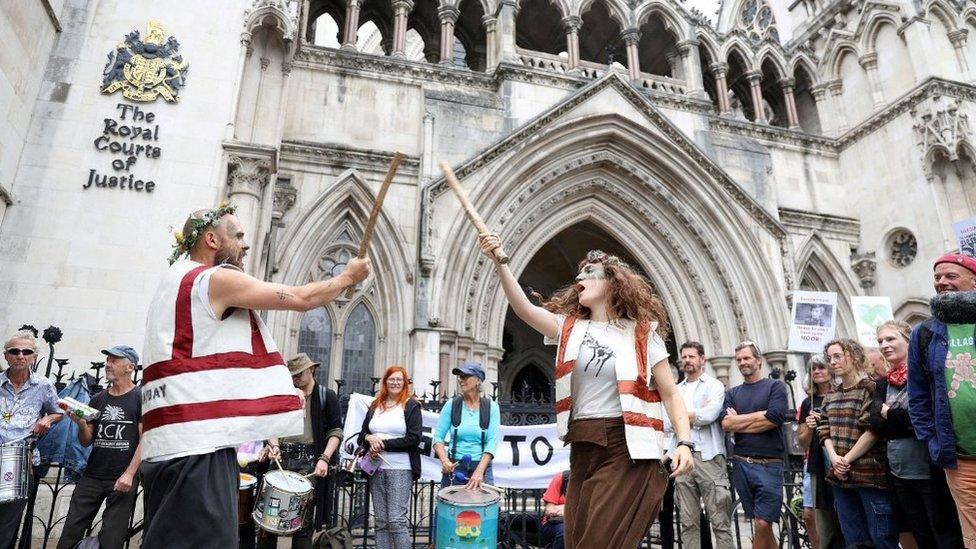
Morris dancers took part in a rally outside the hearing, supporting the restoration of wild camping on Dartmoor
They won a finding from a judge that the Dartmoor Commons Act did not provide a right to wild camp without landowners' permission.
Following the judgement, the national park authority signed a deal with landowners which it said meant nearly 52,000 acres (21,000 hectares) of common land would be accessible to backpack campers who followed a code of conduct.
However, lawyers for the authority argued at Tuesday's hearing the ruling was "wrong" and "failed… to appreciate that camping is an open-air recreation" under a 1985 law over rights of access to Dartmoor Commons.
Timothy Straker KC, for the DNPA, said the case centred on "rival" interpretations of the 1985 law, which stated that "the public shall have a right of access to the commons on foot and on horseback for the purpose of open-air recreation".
'Part and parcel'
The barrister said open-air recreation "undoubtedly includes camping" and "a vast array of other activities which one can't begin to list because it's endless".
He said Dartmoor had been used for camping "over many years" and that "hundreds of thousands" of people would see it as open-air recreation.
The Open Spaces Society (OSS), a conservation charity intervening in support of the DNPA's challenge at the hearing in London, claimed judge Sir Julian Flaux's conclusions did not consider the "wider public interest".
Richard Honey KC, for the OSS, said camping was "part and parcel" of long-distance walking, adding that birdwatchers, fishers, rock-climbers who use tents and walkers hit by bad weather could all be affected by the High Court ruling.
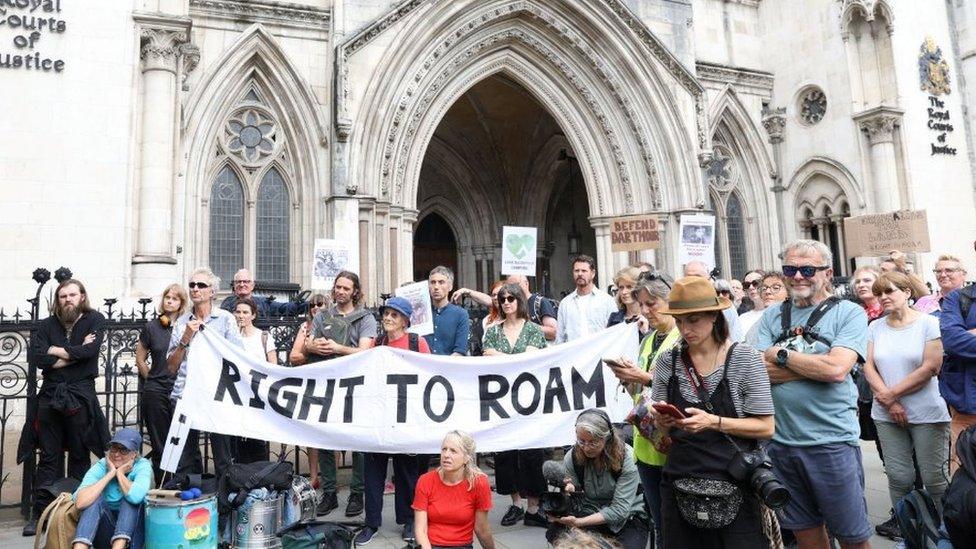
Wild camping supporters were outside the Royal Courts of Justice while the hearing was under way
Mr Morshead said in written arguments that there was evidence that "people camping on Dartmoor are a potential source of genuine difficulty, interfering in ways which are substantial with the landowners' rights over their property".
Opposing the appeal, he argued against camping as a form of "open-air recreation".
He added: "In short, there is no basis in historical precedent for any member of the public to expect that a grant of public access to land will include a right to erect a tent on it."
The judgement in January sparked a backlash among campaigners and educational leaders.
The hearing was held before Sir Geoffrey Vos, Lord Justice Underhill and Lord Justice Newey, with a ruling expected at a later date.

Follow BBC News South West on Twitter, external, Facebook, external and Instagram, external. Send your story ideas to spotlight@bbc.co.uk, external.
Related topics
- Published15 April 2023

- Published5 April 2023

- Published21 January 2023
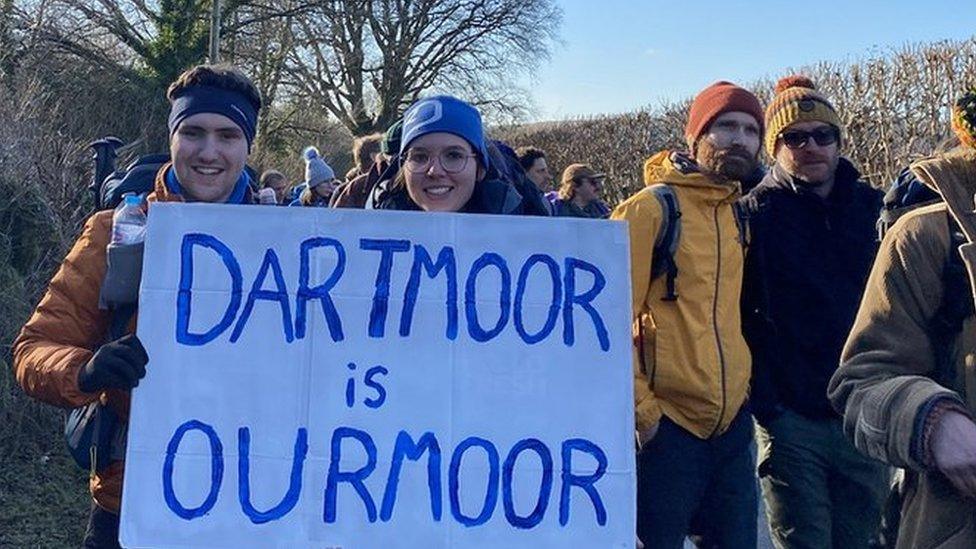
- Published20 January 2023
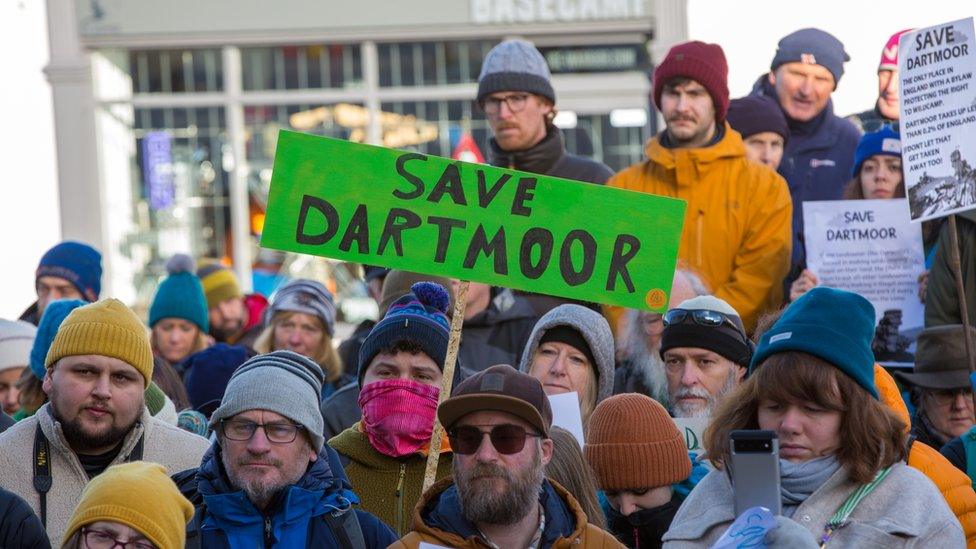
- Published19 January 2023
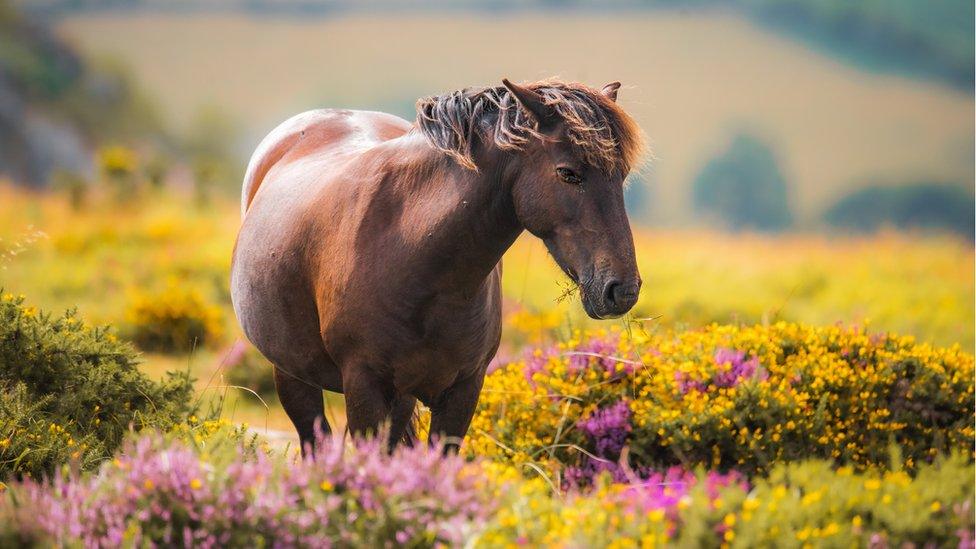
- Published17 January 2023
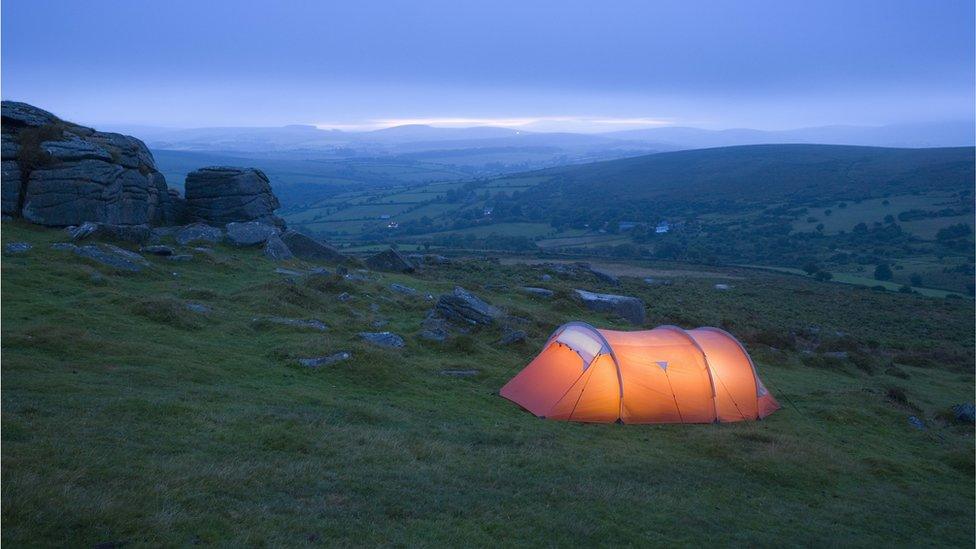
- Published13 January 2023
